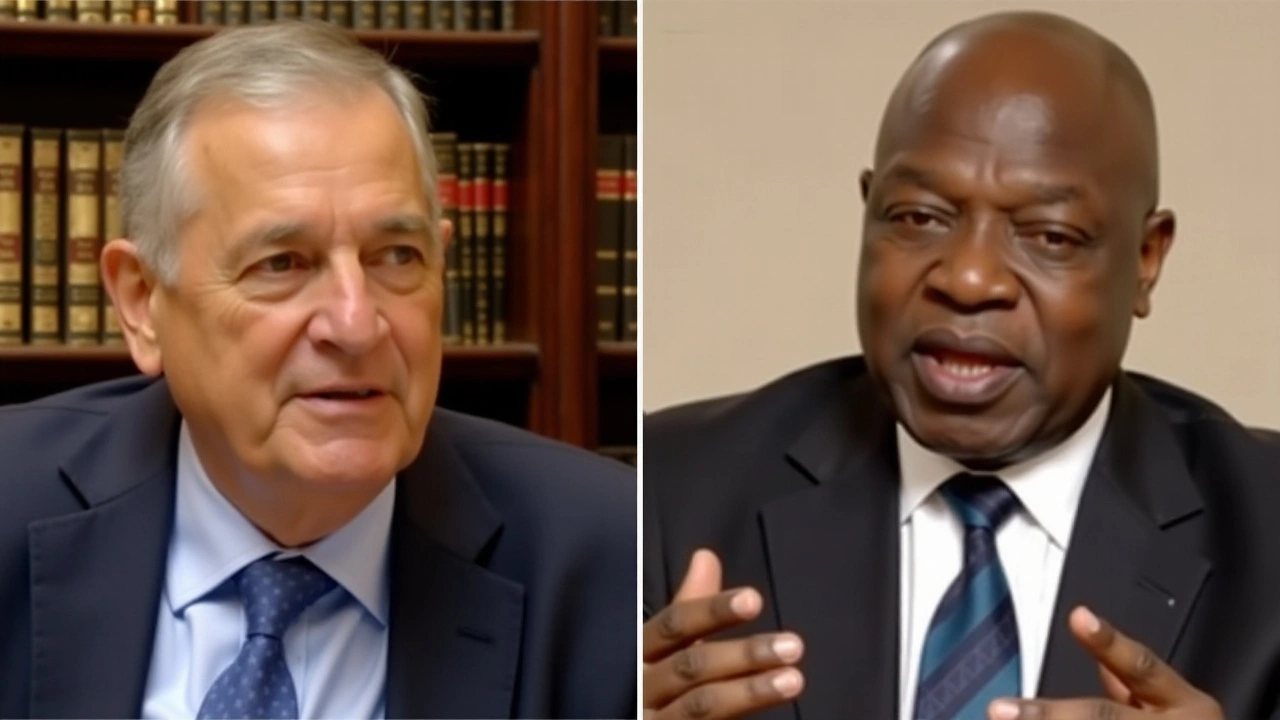African billionaires: who they are and why it matters
Africa’s richest people shape business, jobs and politics across the continent. You’ll find family empires, self-made industrialists and tech founders on the lists. Names you’ll often see include Aliko Dangote, Nassef Sawiris, Patrice Motsepe, Mike Adenuga and the late legacy of the Oppenheimer family. Their fortunes move fast when markets, commodity prices or local politics shift — so staying updated matters if you follow African business or investment trends.
This tag collects stories about those shifts: new deals, court cases, major investments, philanthropy, and sectors that create most wealth. Expect updates when a company lists on an exchange, when a mining deal is announced, or when exchange rates and oil prices swing net worth figures.
Where their money comes from
Look to a few recurring sectors. Commodities and resources — oil, gas, gold, platinum — built many fortunes, especially in Nigeria, South Africa and parts of West Africa. Manufacturing and cement, led by names like Dangote, power a different kind of wealth tied to local demand. Banking and telecom created billionaires in countries such as Egypt and Nigeria. In recent years tech and fintech startups in Kenya, Nigeria and South Africa produced new wealth faster, though often more volatile.
Geography matters. Nigeria, South Africa and Egypt host the highest concentration of billionaires because of large markets and established capital markets. North Africa and parts of West Africa also supply prominent names. Wealth can be family-owned and multi-generational, or built by one entrepreneur who scaled a single company quickly.
How to follow updates and what to watch for
Net worth estimates come from sources like Forbes, Bloomberg and regional business trackers. Those numbers are best treated as snapshots — listed company share prices and currency swings change them daily. Watch these triggers: IPOs and secondary listings, big mergers or asset sales, major legal rulings, and large philanthropic pledges. Those events usually appear first in business press and are then covered by wider news outlets.
Want practical steps? Follow reliable lists (Forbes’ Africa rankings, Bloomberg Billionaires), set Google Alerts for key names, and check local business sections for regulatory or court news. If you invest, focus on the underlying companies and their balance sheets rather than headline net worths.
Billionaires influence more than markets: they fund hospitals, schools and sports clubs. Some launch foundations that affect health, education and job creation; others draw scrutiny over governance and political ties. Tracking the stories under this tag helps you see where money flows, who’s building long-term projects, and where risks are rising.
Use this page to catch the latest moves, analyses, and profiles tied to Africa’s wealthiest people. Expect practical updates, not just flashy numbers — because how that money is used matters to millions across the continent.
South African Businessman Johann Rupert Takes the Crown as Africa's Richest Man, Dethroning Aliko Dangote
Johann Rupert from South Africa has overtaken Nigeria’s Aliko Dangote to become Africa’s richest man. Rupert's net worth has skyrocketed from $1.9 billion to $14.3 billion, making him the 147th wealthiest person globally. This significant surge places him well ahead of Dangote, who held the title for years.
